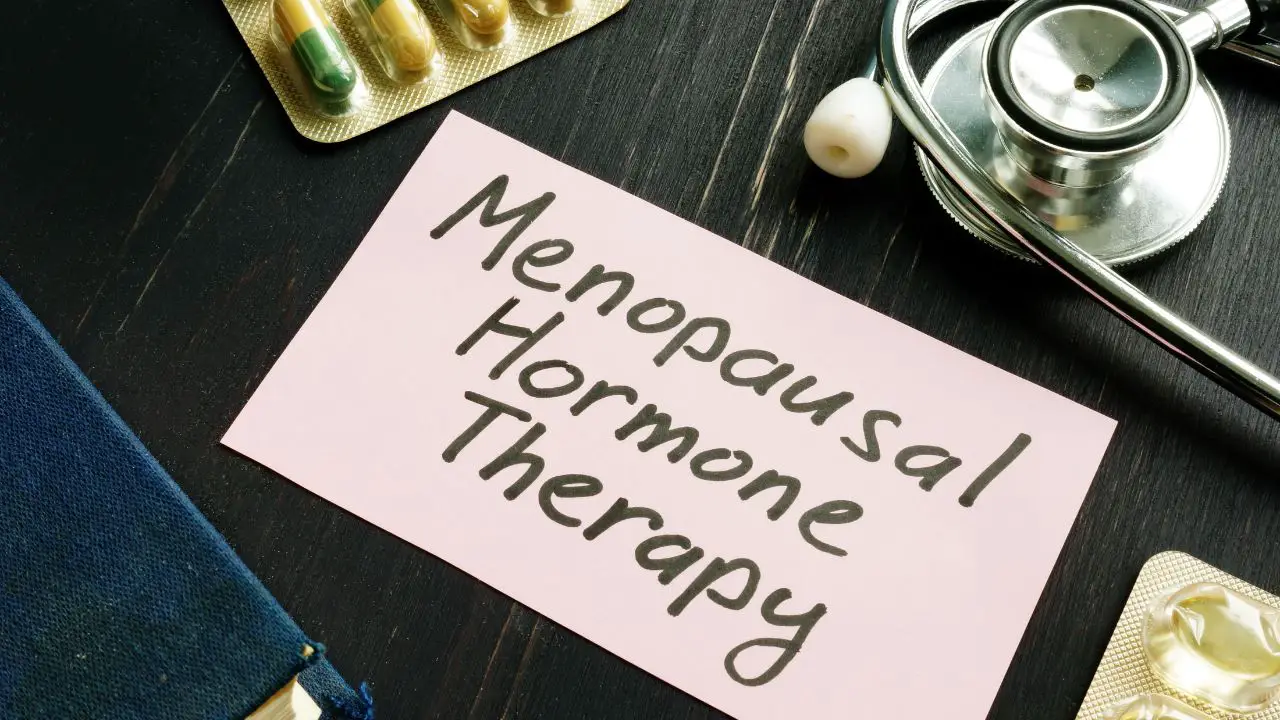The Food and Drug Administration (FDA) has announced a major policy change regarding menopause treatment — the removal of the black box warning from estrogen-containing hormone therapy drugs. This decision is expected to help more women access safe and effective relief for menopause and perimenopause symptoms, such as hot flashes, brain fog, and urinary tract infections.
A Step Toward Better Menopause Care
For years, many women avoided hormone therapy due to the frightening black box warnings — the most severe caution label the FDA places on prescription drugs. Dr. Heather Hirsch, founder of the Menopause Clinic at Brigham and Women’s Hospital, called the old label “outdated and harmful.” She explained that it discouraged women from seeking effective treatment for their symptoms.
The History Behind the Warning
The warning traces back to a 2002 Women’s Health Initiative (WHI) study that suggested hormone therapy might slightly increase the risk of breast cancer, heart attack, and stroke in postmenopausal women. However, later research clarified that these risks were mainly found among women who began therapy well after menopause, not those who started earlier.
Despite this, the fallout from the study was massive — hormone therapy use plummeted from 40% in 1999 to just 5% in 2020, according to the Journal of the American Medical Association.
What the FDA Now Says
Health and Human Services Secretary Robert F. Kennedy Jr. and FDA Commissioner Marty Makary jointly announced the update on Nov. 10, emphasizing that the change is based on modern data and a renewed focus on women’s health.
“Tragically, tens of millions of women have been denied the life-changing and long-term health benefits of hormone replacement therapy because of a medical dogma rooted in a distortion of risk,” said Makary. “Women and their physicians should make decisions based on data, not fear.”
The FDA now recommends starting hormone therapy within 10 years of menopause onset or before age 60, when the benefits are most significant and the risks are minimal.
Read Also: Police Seize 1,500 Pounds of Marijuana, Guns, and Cash; Three Michigan Men Charged
Understanding the Black Box Warning
A black box warning is the highest-level caution that the FDA applies to a drug. Since 2003, all hormone therapies containing estrogen — including pills, creams, sprays, and patches — carried this label, warning of possible risks such as breast cancer, blood clots, stroke, and dementia.
However, many experts argue that topical forms of estrogen, such as creams and patches, are safer than oral pills because the hormone doesn’t circulate as widely in the bloodstream.
This summer, the FDA convened a panel to evaluate these concerns, ultimately leading to the removal of the black box warning across all estrogen therapies.
Moving Forward
With the warning lifted, experts hope to see more women receive proper menopause care without unnecessary fear. Dr. Hirsch and other physicians believe this decision will restore confidence in hormone therapy as a safe, effective, and data-supported option for managing menopausal symptoms.
What do you think about the FDA’s decision? Should the black box warning have been removed sooner? Share your thoughts in the comments at mikeandjonpodcast.com.




